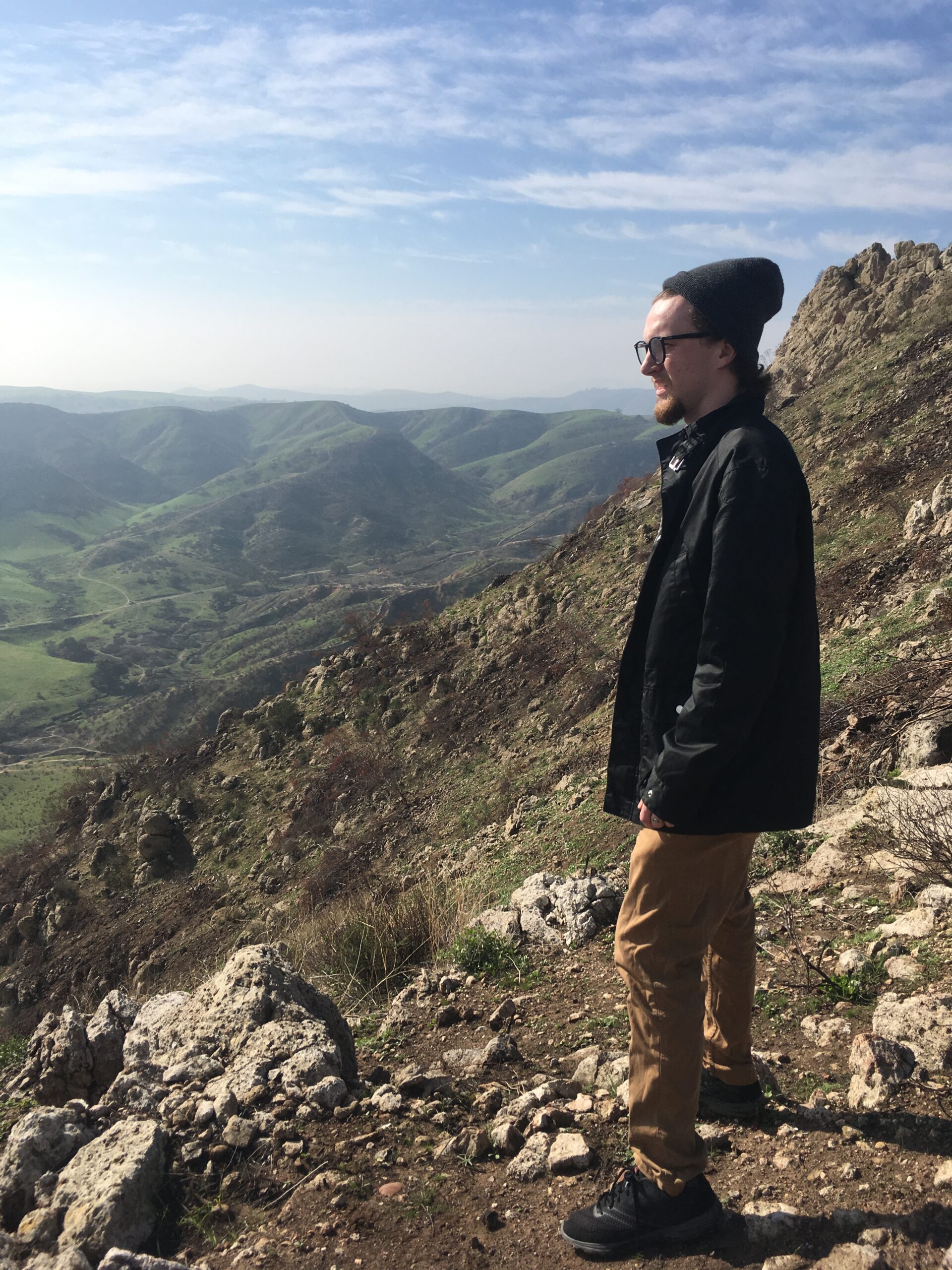
Measuring Progress through Journaling and Hiking
by John D. Watt

Hiking a mountain is challenging. From the base of the mountain, I scan up to the top. The peak is quite far; it will take many steps to get there. At the start of the hike, when my motivation is strongest, this distance does not seem daunting. Step by step, one after the other, I make my way towards the summit. After a while, I begin to tire. I can feel it in my legs, my feet, my back, and my chest. I am breathing deeply and starting to sweat. With the desert sun beating down, the day is warmer than I expected. I pause to take a drink of water and pour some on my face. Looking up once more, the summit is still far off. In fact, it appears further away than it did when I started. Yikes! I wonder if it is time to give up and go back. After all, there is air conditioning in the car and I am getting hungry and there is pizza at home and –
Whenever I hike, these rationalizations arise when I begin to fatigue and it seems I am getting no closer to my goal. Nevertheless, these thoughts dissipate when I turn back to look down the already trodden path and recognize all the progress I have made. When I am moving towards my goal, I only notice each step, each tiny bit of progress. I feel the soreness and exhaustion overpowering my motivation. Looking forward to the top of the mountain reminds me of how far I have to go; this can be daunting and disheartening. On the other hand, looking back helps me measure my progress. Even though I am sore and tired, surveying the gorgeous landscape and seeing the path winding down the mountain renews my motivation to keep striving for the top.
I noticed a similar situation with journaling. I enjoy writing; I often journal to keep track of my life, to mark my accomplishments and my failures as time marches on. When pursuing my life’s various goals, whether oriented towards my career, my relationships, or my personal aspirations, journaling is one way I keep track of my progress. I recently discovered some of my old journals hidden away in a dusty box. I was pleasantly surprised to see how many things I have improved on over the years. Looking at old journals, I am reminded of how far I have come and the things I have accomplished on the way to reaching my aspirations. One example of this is physical exercise. For many years I have wanted to sustain a workout routine. Currently, I have reached this goal: I now exercise every day. Reading through old journals allows me to recognize past goals – such as daily exercise – which I have realized in the present. This recognition motivates me to keep striving to reach other goals; it is a testament to the progress I have already made in other areas of my life.
Journaling and hiking have this measure of progress in common. When I am busy with schoolwork and lab activities, I measure myself by how far I am from my current goals. This is like looking at the summit while hiking a mountain: the goal seems far off and difficult to reach. Both of these viewpoints neglect past triumphs that led me to my present place. Reorienting myself towards past achievements takes my mind off the present obstacle and helps me acknowledge positive change over time. Measuring this progress motivates me and gives me the push I need to keep striving for my goals.
When striving for your goals in life, take time to pause and reflect on all the progress you have made; this will help you renew your motivation and recognize how far you have come. It is easy to lose sight of what you have achieved when you focus on the goal – or summit – too much. Whether you are looking back down the recently trodden trail, reading through old journal entries, or measuring achievements in your own way, do not forget to acknowledge your advancements. Recognizing your progress will motivate you to reach new heights of excellence. Look back so you can move forward.
 J.D. Watt joined the Interactive Measurement Group in Summer 2019. He is majoring in psychology. He is currently an Action Editor for the newsletter and serving as Lab Manager. After graduation, he hopes to pursue a doctorate in psychology and teach at the university level.
J.D. Watt joined the Interactive Measurement Group in Summer 2019. He is majoring in psychology. He is currently an Action Editor for the newsletter and serving as Lab Manager. After graduation, he hopes to pursue a doctorate in psychology and teach at the university level.